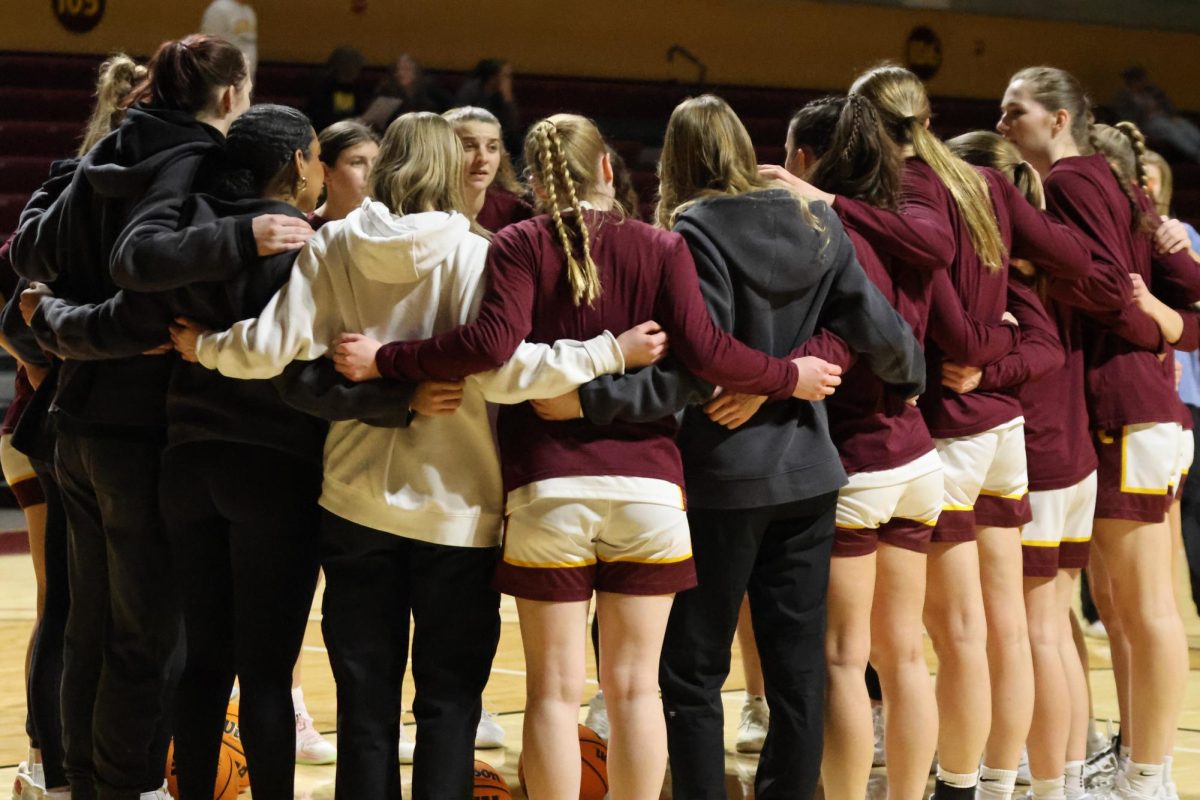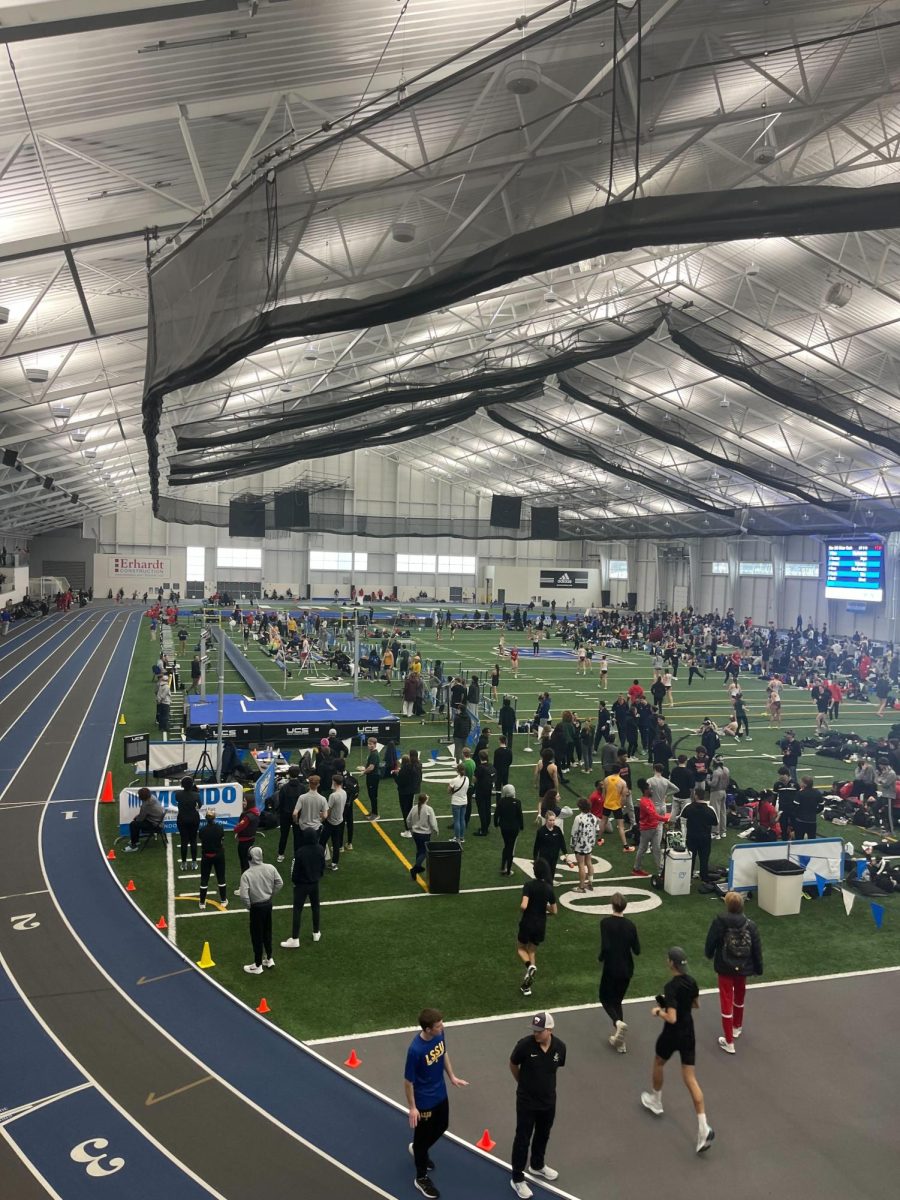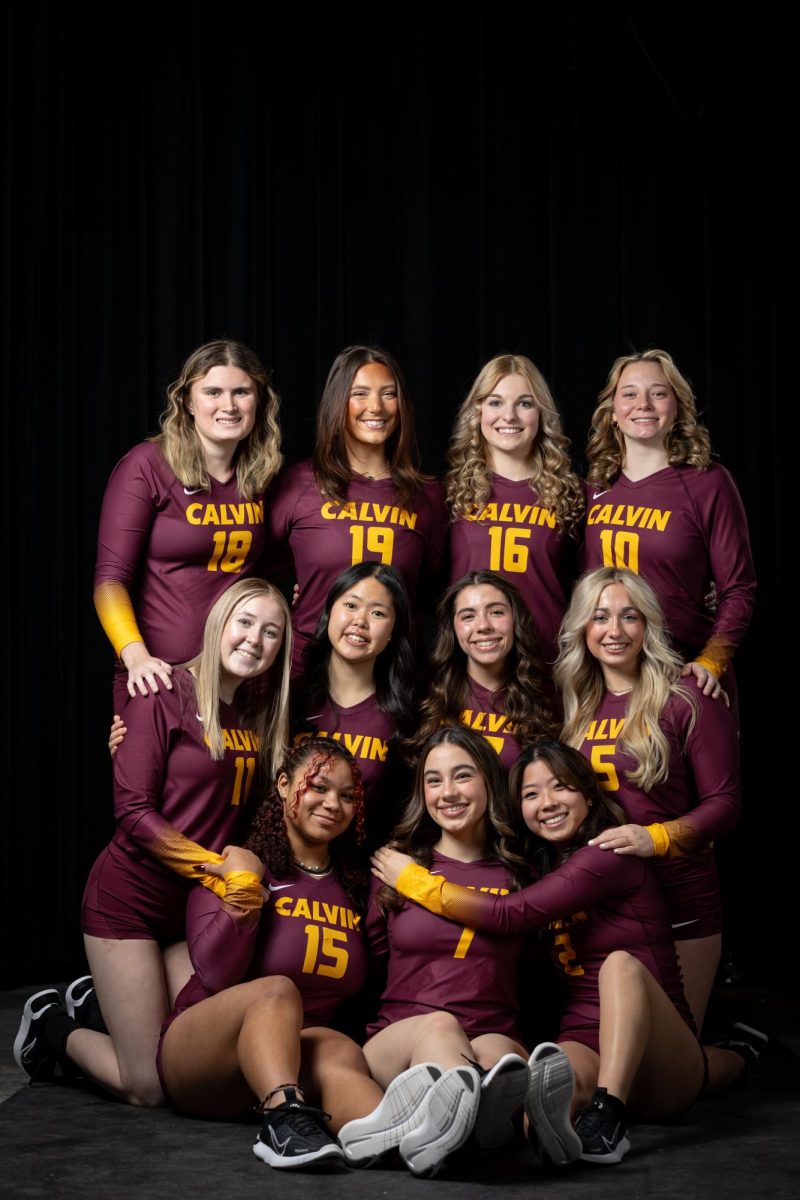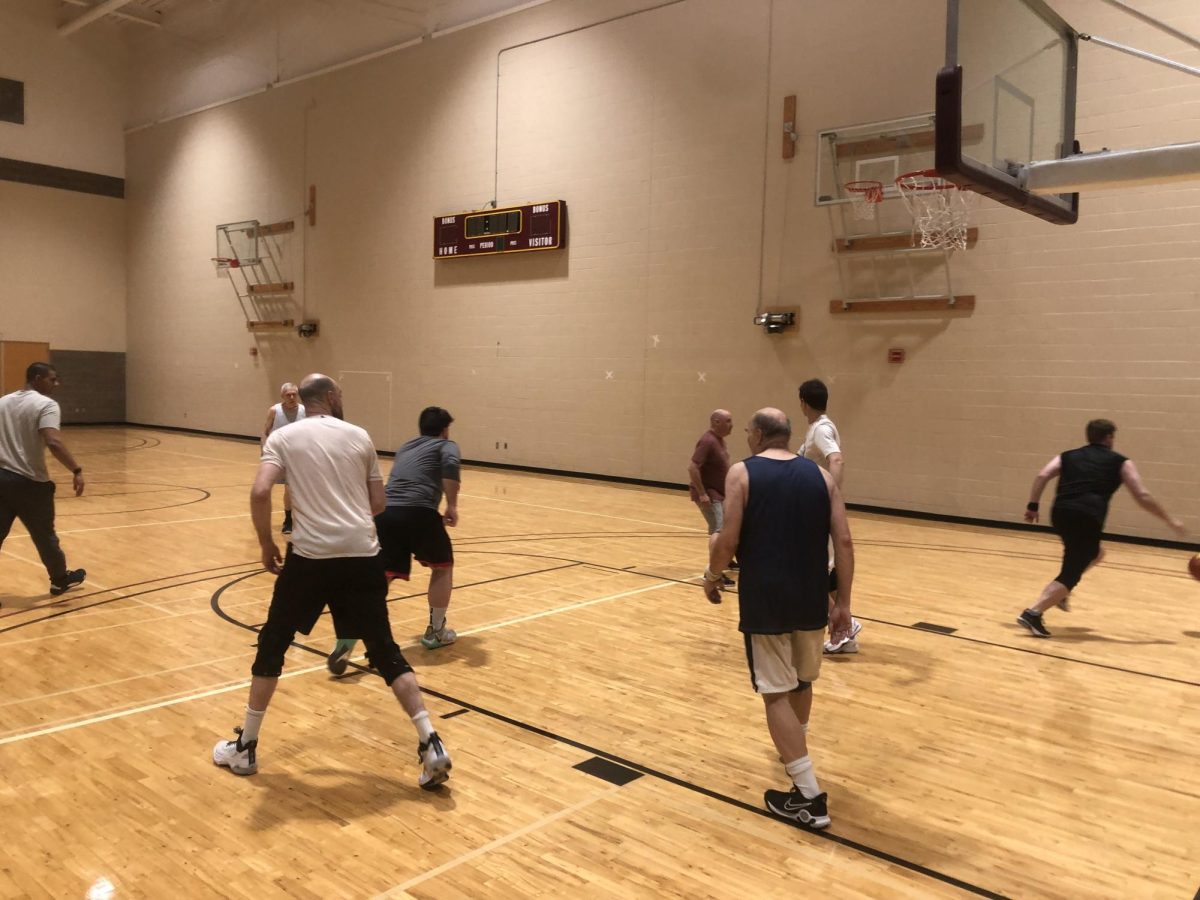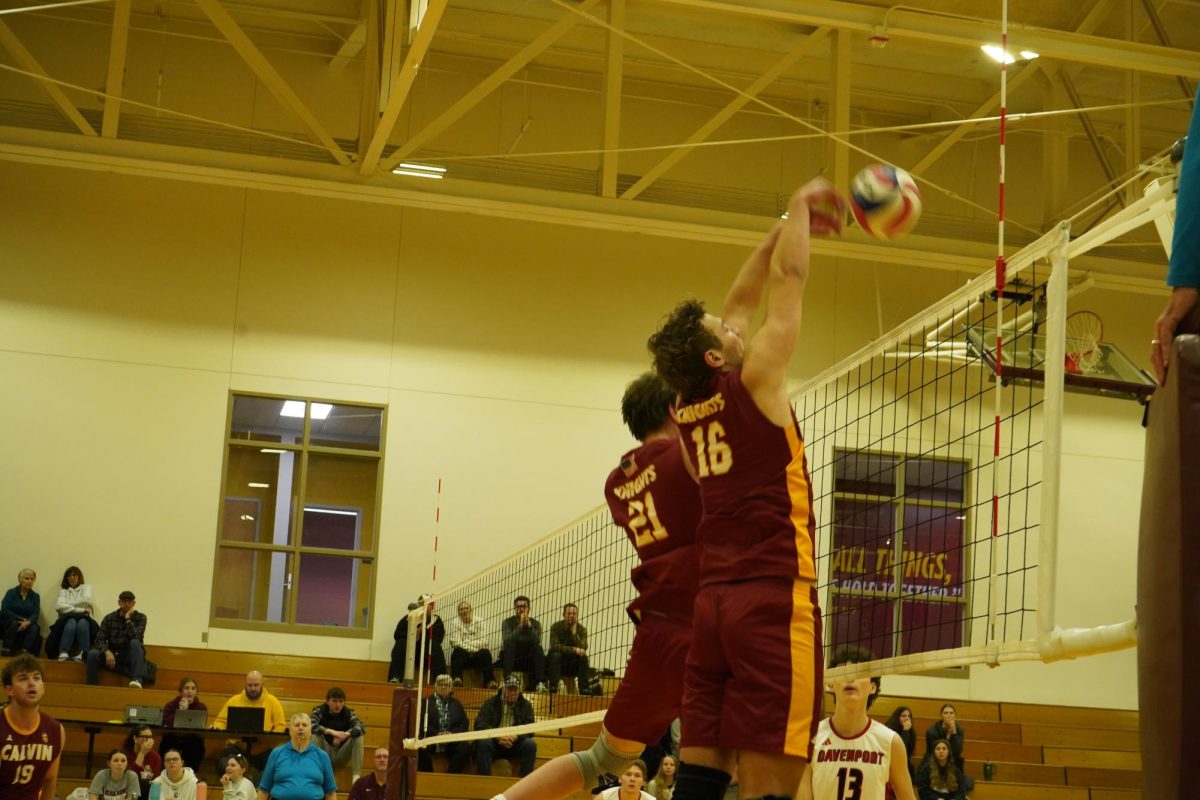In December of 2014, LeBron James was a couple of months into his return to the Cleveland Cavaliers. The Cavs, of course, were enjoying the dominating presence of their home-state superstar for the first year since James left Cleveland in order to “take [his] talents to South Beach and join the Miami Heat.”
At 12-7 and having won six games in a row, James’s Cavs walked into Brooklyn with momentum. The NBA itself was on the cusp of revitalization with the emergence of Stephen Curry and the Golden State Warriors, and several teams in both the East and West harboring top-tier teams and players. The storyline with James and the Cavs seemed to add more spice to an ever-changing basketball narrative.
The story that night in Brooklyn wasn’t about Kevin Love’s double-double, Dion Waiters scoring 24 off the bench or the continual inconsistency from the Nets. The Cavs ended up winning by 22 points, and had to travel back to Cleveland the next day to play the 15-4 Toronto Raptors. Still, the story which resonated on television networks and news websites was a t-shirt.
Warming up for the game, James was wearing a black shirt with white lettering: “I CAN’T BREATHE.” James wasn’t the only player on the court wearing the shirt; his teammate Kyrie Irving and Nets players Deron Williams and Kevin Garnett were wearing similar shirts. It started a few days earlier when the shirt was first worn by Chicago Bulls star Derrick Rose.
The players were showing support for the family and memory of Eric Garner, who died earlier that year in July after an altercation with police in Staten Island. Garner’s final words, “I can’t breathe,” became the rallying cry for a movement in the US which protested police brutality.
The lasting image of one of the country’s premier athletes in one of its most popular sports was the beginning of something new. Professional athletes are often looked up to and idolized; children wear their numbers and emulate their actions while adults still support athletic figures from their own youth. As Derek Jeter once said, “You’re a person a lot longer before and after you’re a professional athlete.” Athletes from all sports are starting to take advantage of their celebrity and enormous platform.
For many years players from the NFL, NBA, NHL and MLB have participated in their communities by working with and mentoring youth, helping those in need and raising awareness for the most pressing issues facing their team’s cities. There are various awards in each league which recognize these efforts, and many players have left greater legacies off the field than on it. While these acts of kindness and philanthropy are never understated, some of the most iconic moments in sports history have been exhibitions of activism within the confines of each sport itself.
In 1968, two American Olympians stood atop the gold and bronze pedestal with their gloved fists raised in the air until the end of “The Star-Spangled Banner.” With them, standing on the pedestal with a silver medal, was an Australian runner wearing a human rights badge along with the American runners. Those Americans, Tommie Smith and John Carlos, were expelled by the International Olympic Committee after their demonstration.
The event was immediately described as a political protest in the name of Black Power, but Carlos said it wasn’t a “Black Power salute” but a “human rights salute.”
During the same time period Muhammad Ali, the greatest and most decorated boxer of the decade, was a champion of the civil rights movement. The actions of Carlos and Smith are forever commemorated by political and social activists, and the recent death of Ali sent shockwaves through the world not just because of his dominance of his sport, but because of his life outside of it. As the years went by, many athletes took over the American airwaves from Reggie Jackson to Bo Jackson and Michael Jordan to Michael Irvin, notwithstanding the significance of Jim Brown and Jackie Robinson. But there is something happening now with the star athletes of the 21st century that didn’t happen with the ones who came before them.
For all of his magnificence with the basketball, Michael Jordan has taken some criticism for not using his platform to advocate for the outcast, the disenfranchised and the downtrodden. Whether this criticism is fair or not, it does illuminate the impact that doing so has had because of athletes like LeBron James, Carmelo Anthony, Reggie Bush and even people that Jordan played with and against.
Kareem Abdul-Jabbar, an opponent of Jordan, was recently awarded the Presidential Medal of Freedom along with Jordan. Jordan received the award for his cultural impact on the United States and his sport; Abdul-Jabbar, one of the most proficient scorers in the history of the NBA, received his partly because of his societal impact.
Abdul-Jabbar’s story of faith and activism, along with the story of Craig Hodges, made headlines in around Martin Luther King Jr. Day. Hodges played with Michael Jordan, and won the NBA Championship with the Bulls in 1991 and 1992. Something happened after the 1992 title, however, that would shake the course of Hodges’ life.
When the Bulls visited the White House, as most championship teams in the US do, Hodges had something in mind other than just a handshake with George H.W. Bush. The LA Riots occurred right before the team visited, and violence in the United States was permeating throughout conversations and people’s minds.
Hodges, dressed in a dashiki, went to the White House with the intent to give Bush a letter detailing all of the problems facing the country. Hodges never played another minute in the NBA after that, and he argues that it was because he stood up for his people.
Today, athletes are embracing modes of activism like Hodges stronger and more unified than ever. When Colin Kaepernick kneeled down during the national anthem, he continued to talk about issues that minorities face. Several players throughout the NFL supported Kaepernick by doing the same or another form of protest. Kaepernick, who is hardly the up-and-coming star he was a few years ago, still decided to use his position as a professional athlete to highlight something entirely unrelated to sports. What used to be a solitary event, like the 1968 Olympics, or in 1981 when NBA player Lloyd Bernard legally changed his name to World B. Free, has become a common occurrence among athletes.
Now, when political and cultural dialogue in the country is focused on inequality in various forms, premier athletes are stepping up and lending their voices. In perhaps the best example of this, four NBA players took the stage at the 2016 ESPY Awards: Carmelo Anthony, LeBron James, Dwyane Wade and Chris Paul. These behemoths on the court espoused calls to action in communities, recognized racial division and implored action and change.
While there can certainly be discussion over issues and how to handle them, it is tough to deny the growing impact that professional athletes are making because they are standing up and speaking out.
After that December game in Brooklyn, James was asked if what he and his teammates were doing “was a Cavaliers thing?” In recognition of humanity and not athletics, James simply responded, “It’s not a Cavs thing, it’s a worldly thing.”
Van Jones of CNN said in respect to the dual athlete-activist role that there is a “LeBron generation,” and they “want to dominate on the court in their athletic role, but they also want to be relevant.”
The NBA as a league is making social strides unlike anything the United States has ever seen from a sports organization, and professional athletes will continue to play new and significant roles in its dialogue.



